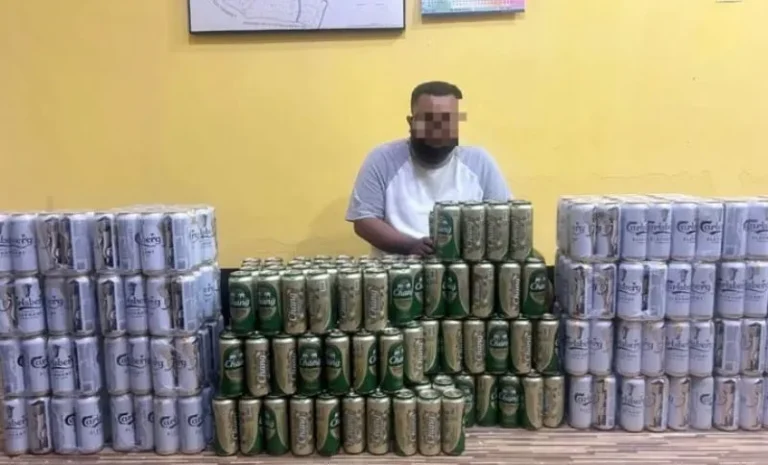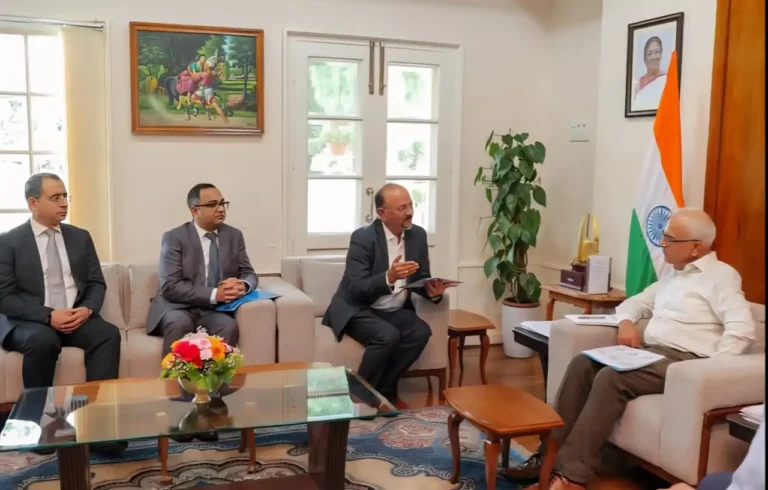Kolkata Rape-Murder Case: Junior Doctors’ Strike and the Demand for Justice
Summary of the News Article
Junior doctors in Kolkata have decided not to end their ongoing strike following the horrific rape and murder case of a hospital nurse. The medical community, outraged by the lack of security in hospitals, is now demanding a second meeting with West Bengal Chief Minister Mamata Banerjee to address the concerns. They argue that immediate steps must be taken to improve hospital safety and ensure justice for the victim.
Understanding the Kolkata Rape-Murder Case and the Doctors’ Response
In recent days, Kolkata has witnessed a horrifying incident that has shaken not just the city but the entire nation. The brutal rape and murder of a hospital nurse, allegedly within the confines of the hospital itself, has left everyone in a state of shock. What’s even more alarming is that the healthcare workers, especially junior doctors, have decided to go on strike, demanding justice and stronger security measures. This tragic event has underscored the vulnerabilities faced by hospital staff, igniting protests that reflect larger societal concerns.
In this article, we’ll explore the details surrounding this tragic case, why the doctors are on strike, the demands being made, and how this incident fits into the broader landscape of safety for healthcare workers across India.
The Tragic Case: What Happened?
The rape and murder case took place within the premises of a Kolkata hospital, a location where safety is typically taken for granted. A young nurse, simply carrying out her duties, was the victim of this heinous crime. What makes this incident even more disturbing is the setting—a hospital, which is supposed to be a place of healing and care, not a crime scene.
1. Immediate Outrage and Shock
As soon as the details of the crime surfaced, the hospital staff, particularly junior doctors, reacted with immediate outrage. The crime shook the medical community, who now fear for their own safety. Hospitals are supposed to be sanctuaries of healing, and for such a horrifying crime to occur within its walls leaves everyone feeling vulnerable. The lack of security measures and a potential failure in the hospital’s administrative policies have come under heavy criticism.
2. The Legal Investigation
The police are currently investigating the case, with several suspects brought in for questioning. However, the slow pace of justice has further aggravated the situation, with junior doctors claiming that the investigation is not moving fast enough. For them, it’s not just about one individual’s safety, but a larger systemic issue that has been ignored for far too long.
Why Are Junior Doctors on Strike?
The medical community, especially junior doctors, have a unique position in this situation. They are the backbone of any hospital, often working long hours in stressful conditions. For them, this crime represents a direct threat to their safety and well-being. This incident is not the first time that doctors have had to confront issues related to violence and security.
1. The Immediate Response: Going on Strike
After the crime came to light, junior doctors across Kolkata went on an indefinite strike. While many strikes focus on working conditions or salary disputes, this one is different. Their primary demand? Enhanced security within hospital premises.
Many junior doctors argue that they are left vulnerable during late-night shifts, often working in understaffed and poorly secured environments. This leaves them at the mercy of not just unruly patients or attendants but also potential criminals, as was the case in this tragic incident.
2. Demands for a Meeting with the Chief Minister
Initially, the junior doctors met with West Bengal Chief Minister Mamata Banerjee to discuss their concerns. However, they remain unsatisfied with the outcomes of this meeting. Now, they are calling for a second meeting with the Chief Minister, hoping that more concrete steps will be taken. Their primary demands include:
- Increased security personnel in hospitals.
- Installation of CCTV cameras in all sensitive areas.
- Faster legal action against those responsible for the crime.
- Comprehensive safety protocols for healthcare workers, especially women.
The Broader Issue: Violence Against Healthcare Workers in India
Sadly, violence against healthcare workers is not a new phenomenon in India. According to reports, incidents of doctors and nurses facing violence at the hands of patients’ relatives or even outsiders have been on the rise. Whether it’s verbal abuse, physical assault, or, in this tragic case, sexual violence, the healthcare community has consistently raised the alarm, asking for better security.
1. A Nationwide Concern
In recent years, there have been multiple cases of doctors being beaten up by patients’ families, often due to the death of a loved one or perceived medical negligence. Such incidents have triggered strikes and protests in the past, with healthcare professionals calling for legal measures to protect them from harm.
2. Legislation on Violence Against Doctors
In response to this growing issue, the government of India introduced a law aimed at preventing violence against healthcare professionals. However, critics argue that the enforcement of this law has been patchy, with many hospitals still failing to implement basic safety protocols.
Impact on the Healthcare System: A Crisis Waiting to Happen
The ongoing strike by junior doctors is a double-edged sword. On one hand, their demands for security are valid and necessary. However, their absence from hospitals has created a crisis in the healthcare system. Patients are being turned away, elective surgeries are being postponed, and the overall functioning of hospitals has been severely impacted.
1. The Toll on Patients
While the junior doctors are fighting for a cause, the toll on patients cannot be ignored. Hospitals in Kolkata have reported a sharp decline in the number of doctors available to treat patients. Emergency services have been particularly hard hit, with many patients complaining that they have been turned away due to a lack of available doctors.
2. Government Response
The state government has been under immense pressure to resolve the crisis. While the Chief Minister has already met with the doctors once, their continued strike shows that the dialogue has not been fruitful. The government now faces the difficult task of balancing the doctors’ demands with the need to restore normalcy in hospitals.
What Needs to Change?
The tragic incident that led to the junior doctors’ strike is a wake-up call for the entire healthcare system in India. It highlights the need for a comprehensive overhaul of hospital security measures and the need for stronger protections for healthcare workers.
1. Hospital Security Protocols
Hospitals need to implement more stringent security measures. This includes increasing the number of security personnel on duty, installing CCTV cameras, and ensuring that there are proper safety protocols in place, especially for female staff working late hours.
2. Fast-Track Legal Action
One of the key demands from the doctors is for swift justice. Crimes like rape and murder must be investigated thoroughly but swiftly to ensure that the perpetrators are brought to justice. A slow legal process only increases the frustration and fear among the hospital staff, making them feel even more vulnerable.
3. Comprehensive Support Systems
Hospitals should also offer psychological support to staff who have experienced or witnessed violence. Having a comprehensive support system in place will ensure that healthcare workers feel safe and valued, rather than vulnerable and expendable.
Looking Ahead: Ensuring Justice and Safety
The rape and murder of a hospital nurse in Kolkata has highlighted a glaring gap in the security of healthcare workers. As junior doctors continue their strike, it is imperative that their demands for better security and justice are taken seriously. The outcome of this case will not only determine the safety of healthcare workers in Kolkata but could also set a precedent for hospitals across India.
At the heart of this issue is the need for safety, justice, and a more secure environment for the men and women who dedicate their lives to saving others. Without immediate action, healthcare professionals will continue to work in fear, and incidents like this will continue to haunt the very institutions meant to protect and heal.
FAQs
1. Why are junior doctors in Kolkata on strike?
Junior doctors are on strike following the rape and murder of a hospital nurse, demanding enhanced security measures in hospitals and faster legal action.
2. What are the primary demands of the striking doctors?
The doctors are calling for increased security personnel, installation of CCTV cameras in sensitive areas, faster legal action, and better safety protocols for healthcare workers, especially women.
3. How has the strike affected hospital services?
The strike has severely impacted hospital services, with many patients being turned away and elective surgeries postponed due to the absence of junior doctors.
4. What steps has the government taken so far?
The West Bengal government has met with the striking doctors but has yet to resolve the issue to their satisfaction. The doctors are now asking for a second meeting with the Chief Minister.
5. Is violence against healthcare workers a common issue in India?
Yes, incidents of violence against healthcare workers have been on the rise in India, with many hospitals reporting cases of physical and verbal assaults by patients’ families.




